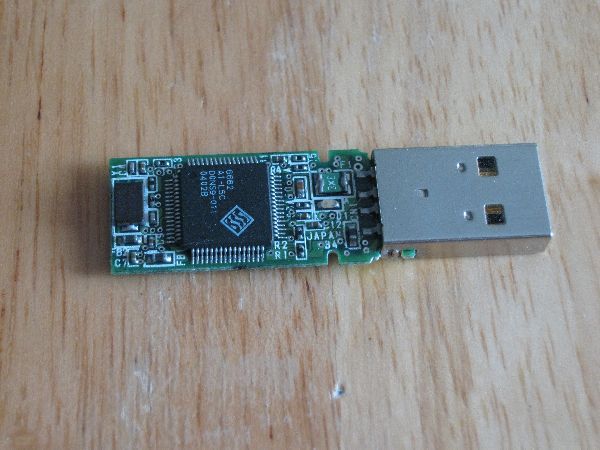I'm looking to build a USB device that plugs directly into a mini USB OTG port - similar to those USB flash drives that can plug directly into smartphones with OTG-enabled micro USB ports.
I was thinking that the easiest way to build something like that is to have the connector soldered directly onto the PCB board - similar to how existing USB flash drives do it.
However, I'm not able to find a single supplier that sells PCB mounted male mini USB connectors. All my searches either come up with the female connector or a PCB mounted USB-A connector. The few I have found (from one supplier in China) aren't the USB OTG rounded type (although they would work).
Is there a reason why this is the case? Is it simply because it's not a commonly used part or am I simply not using the right search terms?

